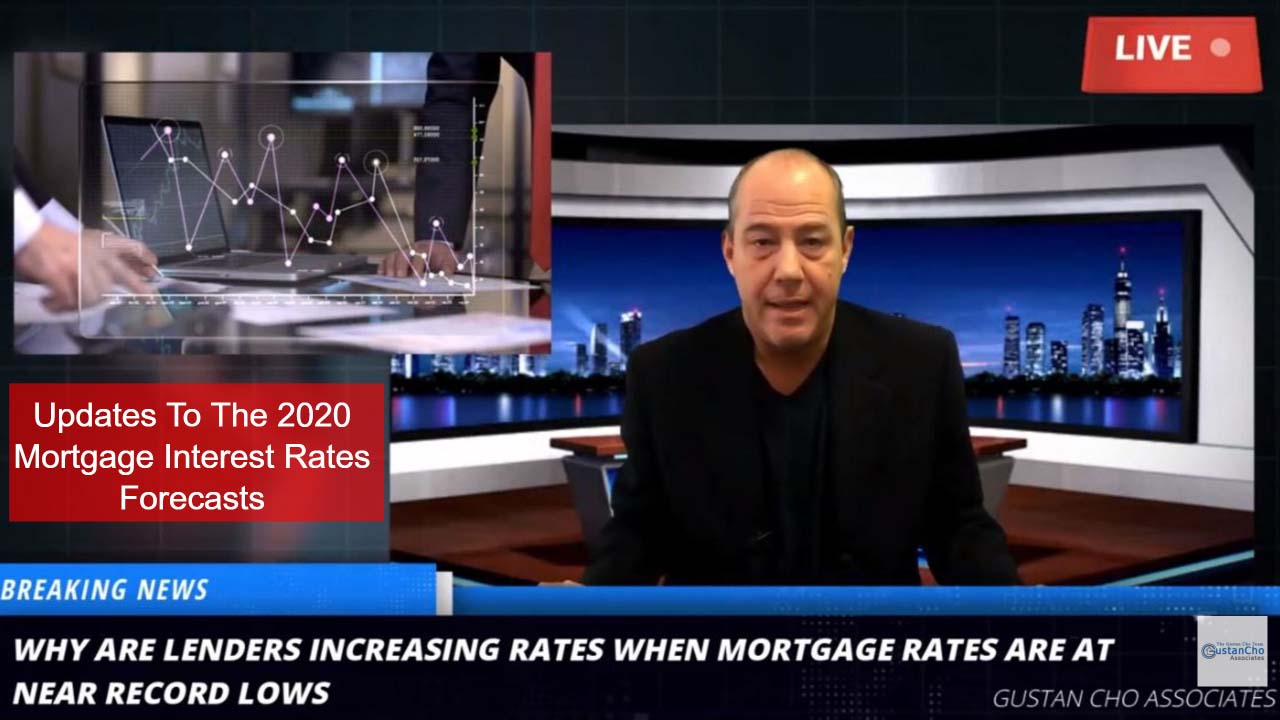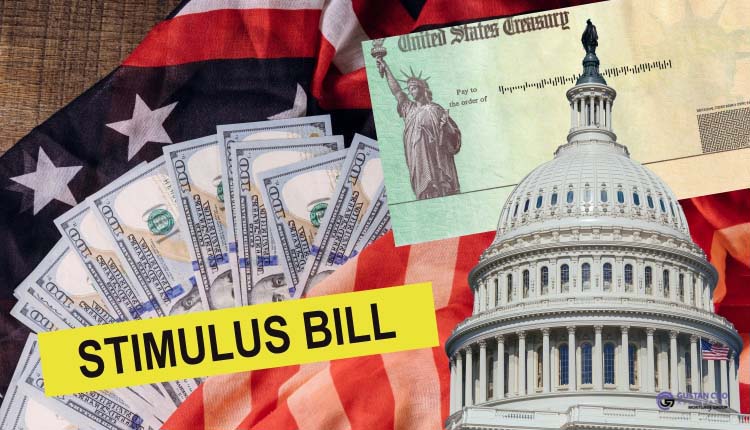This BREAKING NEWS On Why Lenders Increasing Rates When Mortgage Rates Are At Historic Lows Was PUBLISHED On March 11th, 2020
BREAKING NEWS: Why Are Lenders Increasing Rates When Mortgage Rates Are At Historic Lows?
- The coronavirus outbreak has shaken the financial markets
- The coronavirus was first reported in December 2019 in Wuhan China
- The contagious virus spread like an out of control wildfire and is now a global pandemic that is affecting the economy worldwide
- The virus has spread to the United States
- More and more cases of the coronavirus are being reported daily in the U.S. as other countries
- The first death from the coronavirus in the U.S. was reported two weeks ago in the state of Washington
- Death numbers are increasing daily and are now in the double digits
- The coronavirus has turned the U.S. financial markets upside down
- The Dow has plummeted more than 15% in recent weeks
- The stock market sell-off has entered market correction territory
- A market correction gets triggered when the stock market drops 10% from the all-time high
- A bear market is when there is a 20% market correction
- The 10-year yield on the U.S. Treasury has dropped below 0.50%
- When the stock markets drop and the yield on the 10-year Treasury drops, mortgage rates drop
- Mortgage rates have dropped to an all-time low
- However, many lenders are increasing mortgage rates when rates are at a near-record low
- How can this be?
- Loan officers and mortgage borrowers cannot understand
- How serious is the coronavirus outbreak and its impact on the financial markets?
- We will explain why in this blog
In this article, we will discuss and cover why are Lenders Increasing Rates When Mortgage Rates Are At Historic Lows.
Why Are Lenders Increasing Rates When Historic Low Mortgage Rates Is All Over In The News?
The news that mortgage rates hit an all-time historic low is all over national news.
- It is a fact that mortgage loan applications are increasing double digits weekly
- There are more refinance mortgage applications than home purchase mortgage applications
- Borrowers are flocking to lenders to take advantage of 2020 refinance boom
- The stock market sell-off has added fuel to the fire for the mortgage industry in a good way. However, many consumers, even loan officers, are confused about why lenders increasing rates when mortgage rates are at an all-time low? Why are lenders increasing rates when mortgage rates are supposed to fall? Is this some sort of racket going on? Is it price gouging? Is it illegal? Mortgage rates are lower than ever, but are mortgage companies keeping them from going even lower? Why is this so?
We will cover the answer to this question in the following paragraphs.
Updates To The 2020 Mortgage Interest Rates Forecasts
The 2020 mortgage interest rates were strong prior to the coronavirus outbreak.
- The virus caused global fears and uncertainty in the global financial markets
- However, good news for mortgage borrowers is the coronavirus outbreak plummeted mortgage rates
- Mortgage companies nationwide are dealing with a deluge of mortgage loan applications as homeowners are flocking to lenders for both purchase and refinance mortgages
- But are some of those same mortgage companies keeping borrowers from getting even lower interest rates than they already are?
- Worse yet, are they increasing rates instead of lowering them? Is this a form of price gouging?
Why are Lenders Increasing Rates versus lowering them?
What Experts Are Saying
Many loan officers cannot understand the pricing of mortgage rates. Why are investors spiking interest rates when mortgage rates are falling?
Mike Gracz of Gustan Cho Associates said the following:
The mortgage business is clearly in uncharted waters now, with interest rates falling below 3.3% for the first time ever. The yield on the benchmark 10-year U.S. Treasury note continues to fall every day to new record lows, and mortgage rates typically track with the 10-year Treasury. As of Friday afternoon, the yield on the 10-year Treasury was roughly 0.76%, but it had never fallen below 1.1% as recently as last week. Given the typical spread between the 10-year Treasury and mortgage rates, borrowers should be able to get an interest rate in the neighborhood of 2.75%, or perhaps even lower than that. But that’s not happening, at least not across the board. Why? Because it appears that some lenders are trying to protect themselves from being crushed by demand. Numerous lenders, mortgage brokers, and other mortgage professionals this week said the same thing. Several shed light on an emerging trend wherein some lenders are keeping rates higher than they could be because they are not fully equipped to deal with the surge of demand they are seeing. The term that several used for this phenomenon is “throttling,” with lenders keeping rates above where they could be to ensure they can fulfill all the business they are getting.
Lenders Increasing Rates To Stop New Mortgage Loan Applications
Many loan officers were quoting mortgage rates at 3.125% last week. After a few days, lenders are quoting mortgage rates at 4.5% even though par rates still remain in the low 3% range. Many lenders have stopped taking mortgage applications altogether while other mortgage companies have skyrocketed mortgage rates. This is due to having an issue with capacity. The bottom line is there is so much volume lenders can take on and handle. Some lenders can handle more than others. However, more and more lenders are reaching maximum capacity. There are some lenders that are hiking mortgage rates over 5.0% when par rates are in the low 3.0% range. The more technologically advanced lenders can handle more mortgage loan applications. However, smaller mortgage companies have either shut down new mortgage loan applications or have substantially increased mortgage rates to have a slowdown in business. The surging demand in sudden mortgage loan applications is hurting borrowers who did not lock their rates last week.
Massimo Ressa of GLC Mortgage Group said the following about the mortgage markets chaos:
Several mortgage companies shared that they’ve heard of other lenders having to extend their lock windows to as much 180 days because they’re concerned they won’t be able to close these new loans for as much as six months. Now, it’s possible they’re telling tales out of school, but for comparison, the latest data from Ellie Mae shows that the average time-to-close (the period between loan application and loan closing) across the industry was 48 days in January. So instead of a month and a half, some lenders may now be quoting six-month closing windows. Subsequent reports from Ellie Mae and others will show if closing times begin to rise. The current market conditions can create exceptional opportunities for consumers, but I think it’s going to be critical for consumers to be very knowledgeable and, importantly, very patient. The analogy I would use is this: when you are using shared Wi-Fi at an airport, sometimes speed can be slowed because everyone around you is trying to use the same services. This market is unpredictable, but upcoming capacity demand for refinance may create a similar, slowed experience. Many lenders may be overcapacity in the next two to three months. At its core, the issue is how much mortgage business can the mortgage business handle? We are seeing some sizable shifts in mortgage rates on a minute-by-minute basis. They said that interest rates are fluctuating so wildly right now that they’re struggling to keep up. Another factor is that for many lenders, there is safety in the pack. Basically, if all other lenders aren’t dropping their rates below 3%, a lender will keep their interest rates around the same level to ensure they’re able to keep their heads above water. For many lenders, it seems to be about finding the sweet spot of pulling in as much mortgage business as they can handle and no more. So lenders are walking a tightrope right now, trying to determine what’s the appropriate mortgage rate that will attract exactly as many borrowers as they are able to handle. The bottom line is that the mortgage business is in a whole new world right now and trying to thread the needle as best as it can. Time will tell whether all of these companies will be successful in that endeavor.
Mortgage rates by lenders are expected to stabilize in the coming days and weeks. Most lenders are experiencing a major shortage of personnel. Most mortgage processors, underwriters, and support staff are working overtime to meet the surge in mortgage applications. Like the stock markets, the mortgage markets are in chaos with handling the influx of massive mortgage applications. If you get quoted a ridiculously high rate by a loan officer, the loan officer is not a crook. It is the marketplace that has mortgage rates out of sync. If you are a loan officer and have irate borrowers thinking you are trying to price gouge them, feel free to share this article.









